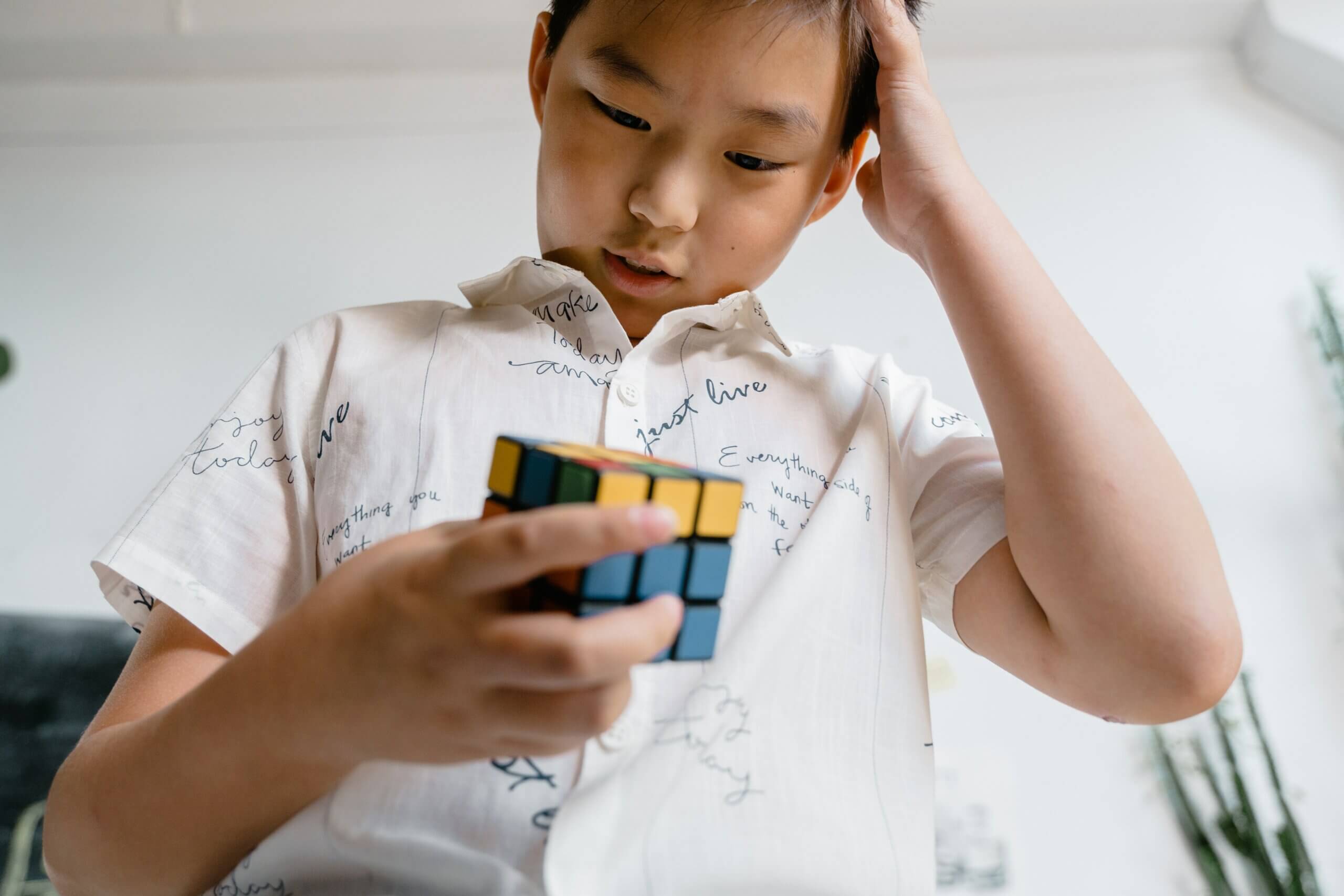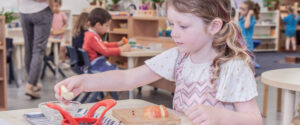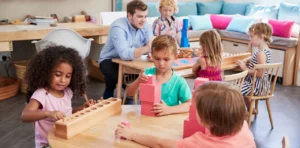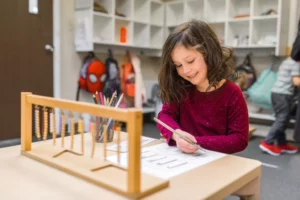The ability to think critically may be among the most crucial skills that children of today will require in the future. Children must be critical thinkers who can make sense of information, analyse, compare, and contrast it in order to draw inferences and develop higher order thinking skills in today’s environment, which is changing quickly.
Critical thinking skills are developed through regular conversations with children, open-ended questions, and opportunities for experiment and problem-solving. Here are a few ways to develop critical thinking skills in kids:
Develop critical thinking in kids:
#1 Let them read:
Reading has numerous advantages. A child’s vocabulary and comprehension skills increase as a result of reading, and it also stimulates their minds and helps them become more organized. Using questions like “What is the author attempting to say?” youngster reviews and analyses what they have read.

They interact with various concepts when reading frees the mind to dream. Imagination opens up many different possibilities and encourages them to exercise critical thinking. Children can encounter novel ideas when reading, which prompts them to reconsider and question their prior understanding.
#2 Give kids opportunities to take on responsibilities:
Kids must stretch themselves and take on chores that are usually completed for them. Being in settings where they must solve difficulties is the only way for children to learn how to respond to the question, “How am I going to solve this problem?”
So let them prepare their meals and do their laundry; they will soon run into the problem of an empty underwear drawer or a cupboard with insufficient supplies. Allow them to struggle with life’s obligations and prod them to consider their options before acting.
#3 Encourage Play:
One of the main ways that kids learn and grow is via play. Children test their skills while they play. They can understand how things work, whether they are building a block town or working out a riddle. These pursuits provoke thought in them. By allowing them to play, you’re giving your kid the chance to learn about cause and effect through free-form play.
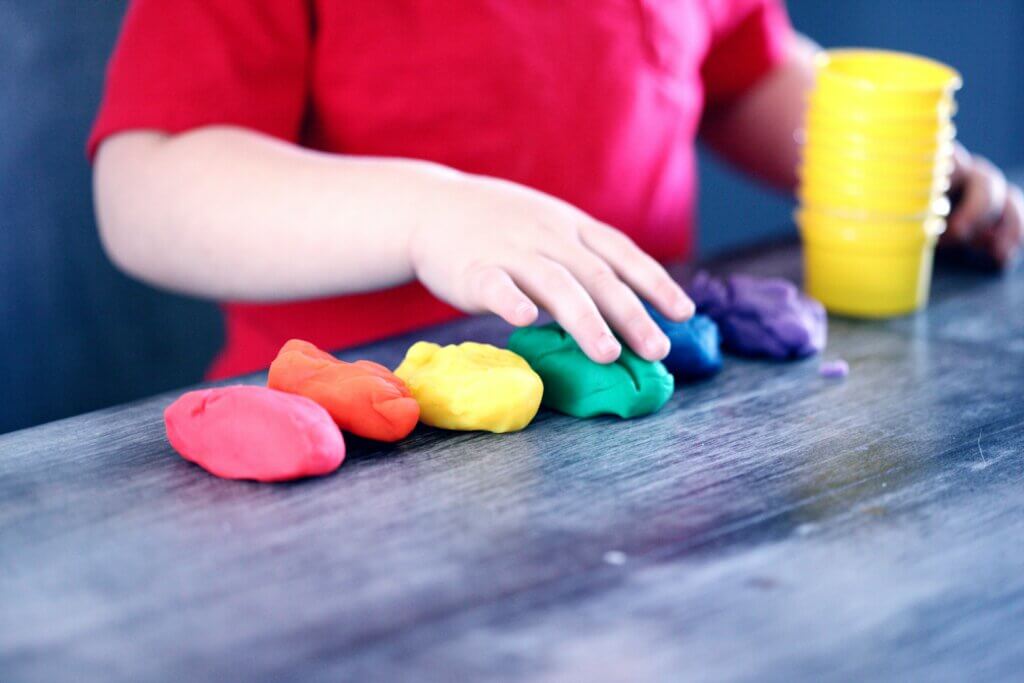
For example, kids might try a different strategy when playing if the outcome isn’t what they wanted, which would help them develop their problem-solving skills. Such practical training builds the groundwork for subsequent abstract critical thinking.
#4 Ask questions:
Asking your child questions is a surefire technique to get them to think. Aim for open-ended questions rather than “yes” or “no” ones. This will encourage them to consider their responses and evaluate the retort.
As an alternative, try asking your child questions back instead of immediately responding to their questions. You can ask, “What do you believe is happening here, for example.” To encourage critical thinking, ask them questions like “Why do you think this is the case?” or “How would you approach this issue?” Even if their replies don’t always match your expectations, you must appreciate them nonetheless.
#5 Have patience and wait:
Consider pausing and waiting before interjecting if your youngster takes longer than normal to respond to questions or attempt an activity. If not, it would impair their capacity for independent thought. Give them some time to mull on and potentially improve their response. Executive functioning and problem-solving skills are encouraged due to patiently adjusting and readjusting on their own.
#6 Entertain their questions:
How come a ball is round? How come the sky is blue? What makes this bitter rather than sweet? Fish cannot fly; why? Why? Why? Why? Do you recall this part? If your kid always asks you questions and it drives you crazy, be ready for more! Keep their spirits up by enthusiastically responding to their questions, even if you think they are foolish.
Encourage conversation, ask more questions, and think critically rather than just responding. By responding to a child’s questions, you can strengthen your relationship with them while showing your concern for them and your reliability.
Takeaway:
Developing critical thinking in kids is important. Parents may instill the value of critical thinking in their children as early as possible. They can use this ability to examine various life events and challenges and develop innovative solutions. Teaching this basic but crucial skill using certain efficient drills and activities is possible.

